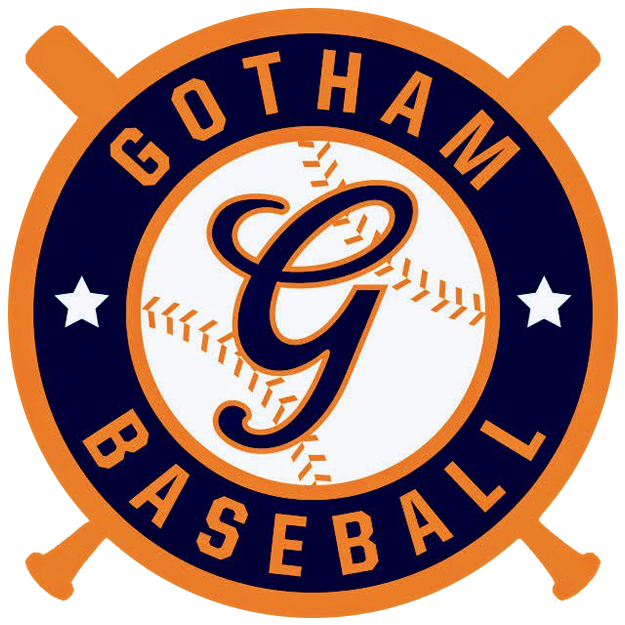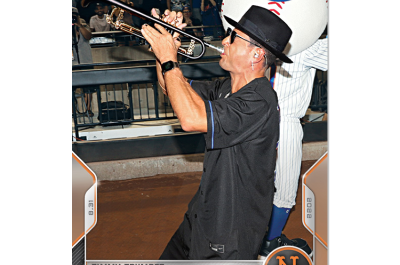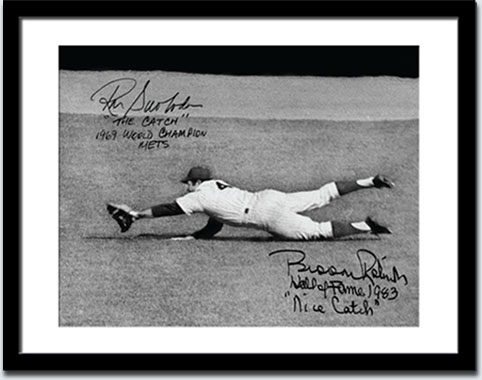People keep telling me that they trust Sandy Alderson. Problem is, I don’t trust his boss.
I have covered the New York Mets for a variety of media outlets since 1996, but I have been a fan for most of my 43 years as well. I was a year old in 1969, not quite aware of the near-miss in 1973, and cried when the Franchise was run out of town in 1977.
As a freshman in college, I spent the 1986 NLCS in and out of my dad and sister’s respective hospital rooms. Both were recovering from the surgery that resulted in a new kidney for my sister, and a near-expulsion from the hospital for me, beacuse my dad and I went nuclear when Lenny Dykstra’s home run won Game 3. The nurses did not appreciate the playoffs, I guess.
The point is, I’m a fan. And I am tired of watching the same drama play itself over and over and over again. The losing I can take (I’m an Atlanta Falcons fan as well). It’s the consistent failure of this ownership group to stop thinking that they are the solution to the problem, the lack of even the slightest comprehension of what its fan base wants, and a decades-long penchant for making the worst PR mistakes in all of baseball.
Before and after becoming a journalist, I have always devoured baseball news, especially that of the Mets-related variety. As a young fan, I read and re-read my father’s collection of Mets yearbooks dating all the way back to 1962, hundreds of times. I have devoured any book ever writtern about the Mets. I have interviewed hundreds of former Mets players, front office executives coaches and managers. I am also writing a book about the team that has played with my mental state since I was old enough to care.
So forgive me if I don’t believe a word of what I am being told from the ownership and front office of the New York Mets these days.
I’ve heard it all before.
‘We need to rebuild through the minor league system.”
“Those decisions are made by the baseball department.”
“I can’t think of a single time we said no to any of our people when they asked about adding to the budget.”
“We need to get younger, faster, more athletic.”
“We need to rely more on our scouting department.”
All of those quotes have come from a Wilpon, a Wilpon-hired GM or any number of Mets executives over the years. Yet, I am supposed to trust a Mets chief executive who tells me his intention is to build a winner, yet isn’t going to make his 28-year old All-Star caliber shortstop and leadoff hitter his first priority?
Is Sandy Alderson capable of making the Mets into a perennial contender? His resume says so. His assistants, J.P. Ricciardi and Paul DePodesta have gained recognition as gifted baseball executives when working in Oakland, so we know they have ability.
But what is the endgame? Is it to keep the Mets viable while the ownership group exhausts every opportunity to save the franchise for themselves “for generations” as the CEO put it last year? Or is to actually spend the next five years building a champion?
I have no idea, because I have no reason to believe that this — or any — front office constructed by this ownership can ever succeed for an extended period of time.
I’ve expressed many of these concerns on Twitter, and people keep telling me “I trust Sandy”. It sounds a lot like “In Omer We Trust”.
This is not about Sandy as much as his bosses, Fred Wilpon, Saul Katz, Jeff Wilpon and ultimately, Bud Selig.
Fred Wilpon sits on baseball’s powerful Executive Council, and has been friends with Bud Selig for a long time. According to Business Week, the Mets are carrying hundreds of millions of dollars in debt
The Mets also have debt issues, which began in 2001, when real estate investor Fred Wilpon bought out former co-owner Nelson Doubleday with $138 million in borrowed money. A decade later, according to Bloomberg data, Wilpon had $375 million of team debt on the books and at least $617 million owed on Citi Field, which opened in 2009. (The latter doesn’t count as debt, under the rules established by baseball to restrict teams’ borrowings.)
I’m not even including the potential settlements that could be paid out with regards to the over $400 million in penalties Mets ownership may face.
So, no, I don’t believe Jose Reyes is even a possibility. Nor do I think the Mets, outside of an even salary deal or two, are going to remotely change the makeup of the roster for the 2012 season.
Based on this ownership’s spotty history, I have little reason to think otherwise. If I am wrong, great. That means I’m just paranoid. If I’m right, well, it doesn’t take too much intellect to predict a Mets ownership fail.
 To Read More about the Mets and the rest of New York baseball’s Past Present and Future, Download a Free Copy of the Fall 2011 Issue of Gotham Baseball Magazine!
To Read More about the Mets and the rest of New York baseball’s Past Present and Future, Download a Free Copy of the Fall 2011 Issue of Gotham Baseball Magazine!



Thank you.
Amen from the choir.
Unfortunately, the ownership is as tone deaf as Jeff Wilpon is despised throughout baseball.
The only thing i root for these days is Let’s go Picard.
Alderson is a company guy through and through. His company is MLB. He was placed in Queens by Selig and will scale back the operations to try and allow some bills to be paid. Selig is giving Wilpon some time to work through this but soon enough, he will be forced to sell like McCourt in LA. Alderson is waiting out for his chance to be Commissioner when Selig retires. This helps his cause a great deal. Mets will struggle for the next 5 years. Depodesta still lives in San Diego and Riccardi spend most of his time in Mass. where he is from. What other asst GM’s work remotely? Mets fans need to pray for new ownership because it will be ugkly this season without Reyes in the lineup.
[…] Mark Healy speaks for all of us long (and I mean LLLLLOOOONNNNGGGG) time Mets fans with his piece in Gotham Baseball. […]
[…] Given the cozy relationship that Fred Wilpon has with Bud Selig, it’s quite possible that Shannon is right. I have no idea if a bailed-out Mets franchise with potent revenue streams can be achieved if and when Jeff takes over the club as principal owner. But I do know that while the Wilpon / Katz group asks us to twist in the wind while they “vindicate” themselves, I will not buy any season ticket packages. They haven’t earned that type of commitment from me. […]